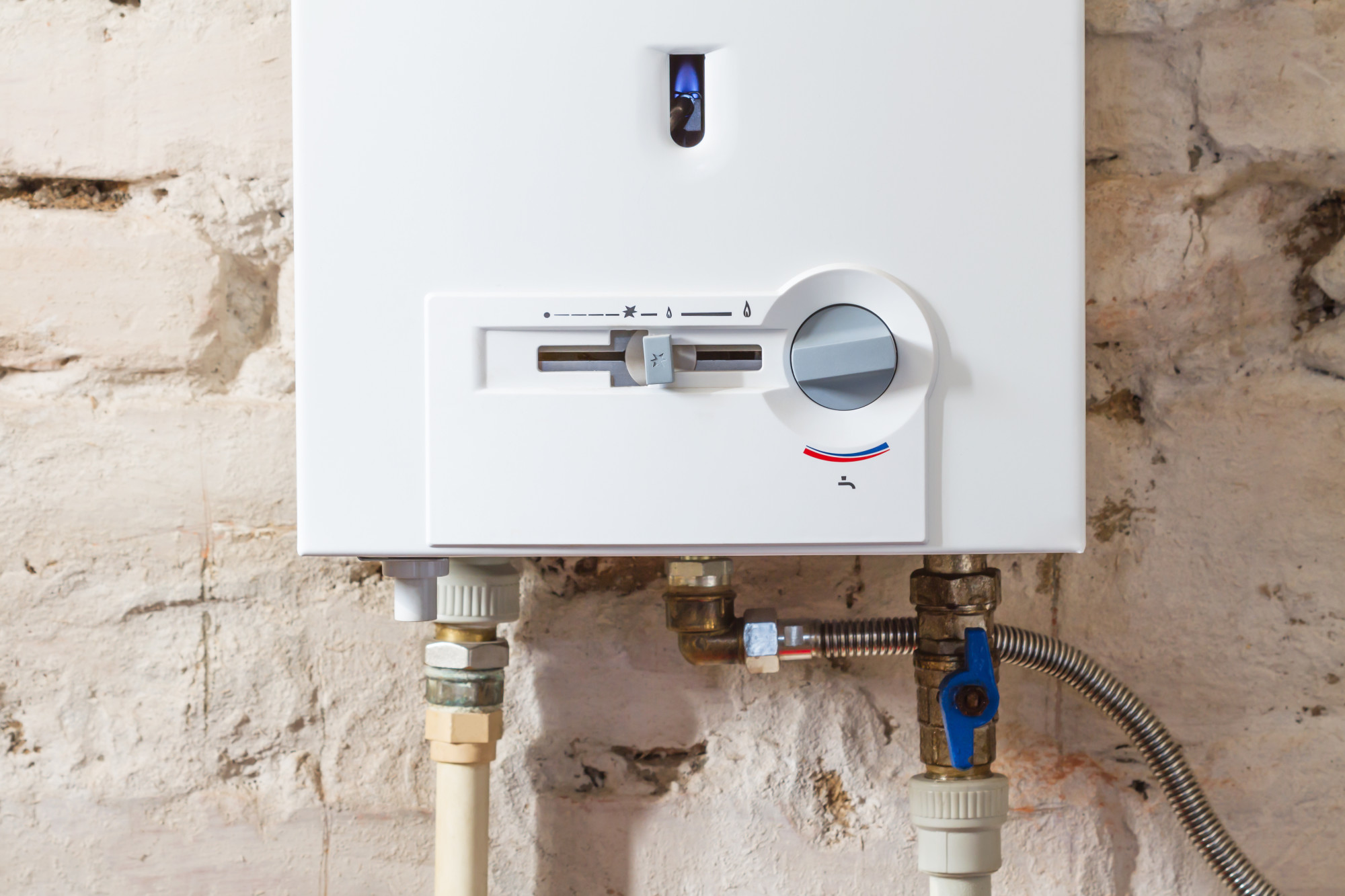Water leaks waste around 900 billion gallons of water every year throughout households in the United States. Not only is this detrimental to the environment, but it increases the costs of the household’s utilities.
Appliances are a frequent source of water leaks. Homeowners that procrastinate fixing these leaks risk long term water damage, as well as a higher water bill. Before hiring a professional, there are some simple diagnostic steps to determine if the water heater is the source of the problem.
To answer the question, “Is my water heater leaking?” check out the steps below.
Diagnostic Steps
Before blaming the water heater, look around for other potential sources. For example, are there water pipes or windows nearby?
If you’re not sure if there is a leak, put down some paper towels and check on them in a few days. Wet paper towels mean it’s time to take the next step.
Turn Off the Water
Before investigating your water heater, turn off the water supply to the water heater. A gate-style valve should be turned clockwise, while a ball-style valve should be turned 180 degrees.
A professional plumber can help talk you through this step.
Turn Off the Power
Next, disconnect the power to the water heater. Electric water heaters can be easily shut off from the breaker, while gas water heaters have to be shut off from the gas valve.
Investigate the Water Source
Check the water pipes that connect to your water heater — the intake and output connections. Sometimes simply tightening their fittings can be enough to solve the leak.
A water heater leaking from the relief valve is also a common issue when pressure builds up inside the water heater. Check around this area for water and then make sure the thermostat for the water heater is not set too high. You can also check the pressure inside the water heater in the same area as the thermostat.
A water heater leaking from the bottom can be deceptive. Sometimes water beneath the water heater may originate from somewhere else, but ran down the side of the tank. If you determine the water leak is indeed coming from the bottom of the tank, the tank may be cracked and need replacement.
Finally, the drain valve is the last place to look. It is located at the bottom of the tank. If water is leaking around this area, replacing the washer may fix the problem.
If none of these areas yields any clues to the source of the water leak, make sure to call a professional about their water heater services before any further water damage occurs.
Getting a Water Heater Repaired
Why is your water heater leaking? Well, every water heater has issues at some point. Every water heater needs repair or replacement eventually — when fixing it, ask your plumber what preventative things you can do to hold off any further issues as long as possible.
For professional help dealing with water heater issues, don’t hesitate to contact us.

